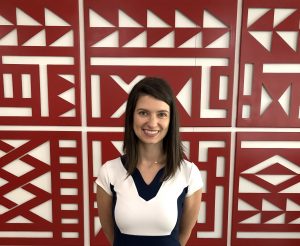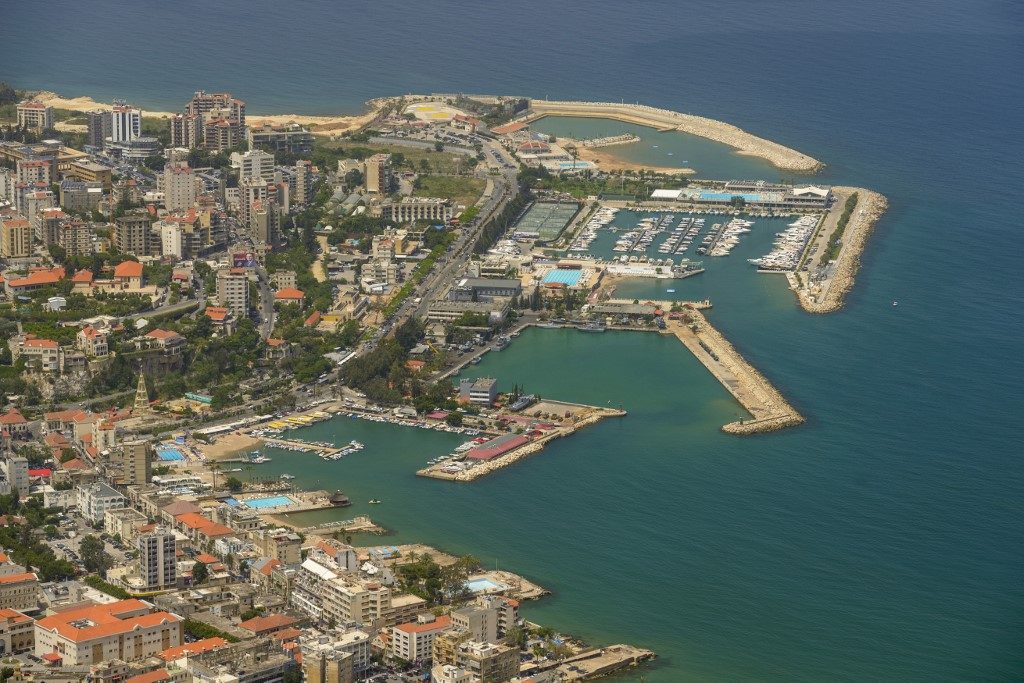São Paulo – The Latin American Studies and Cultures Center Centro (LASCC) at Lebanon’s Holy Spirit University of Kaslik (USEK) will welcome a group of five students and professors from two schools in Minas Gerais, Brazil for a cultural exchange program during this year’s mid-year vacations. The group hails from a law school (Escola Superior de Direito Dom Helder Câmara – ESDHC) and an engineering school (Escola de Engenharia de Minas Gerais – EMGE). They will leave for Lebanon on Thursday (27), and the immersion program – including lessons in Arabic, Lebanese culture and customs, visits to landmark and archaeological sites and more – will last from June 30 to July 13.
The agreement for the program was entered into in the first quarter, during a trip to Minas Gerais by the Brazilian-born LASCC director Roberto Khatlab. This will be the first-ever program offered via the ESDHC and EMGE’s joint simulation and exchange center (Centro de Simulação e Intercâmbio – CSI). The EMGE and ESDHC are sister Jesuit network schools, and even share one facility.

EMGE professors Aline Oliveira – who teaches Civil Engineering – and Gilmar Rosa will be the group’s leaders. “Besides the personal experience of learning a new language and having a completely new experience in a country where people have different customs, we’ll also see the university, watch and learn new teaching methodologies and pedagogy, which we will bring to our own university,” Oliveira told ANBA.
The group will stay in the USEK’s accommodations in Kaslik (pictured at the beginning of this story), a city in the Keserwan district of the Mount Lebanon province, 17.5 km north of Beirut. “Expectations are very high. Getting in touch with a new culture, diversity and new ways of life will help build empathy and relationship skills at the personal level. Professionally speaking, we will learn new approaches in terms of teaching, methodologies and forms of learning, as well as learn a new language, which is always very important,” said Oliveira.
According to the professor, students from Lebanon, Italy and Jordan will join the program. She believes cultural exchange and networking among students will be another positive aspect of the experience.
Roberto Khatlab said student mobility through agreements enrichens and unlocks knowledge of the other in a more coherent way. “In a bid to further cement this academic bridge connecting Lebanon and Latin America, we are striving to present Lebanon, its history, its values, working with professors and students alike, enabling academic and science exchange at the teaching and research levels,” he asserted.
Translated by Gabriel Pomerancblum




